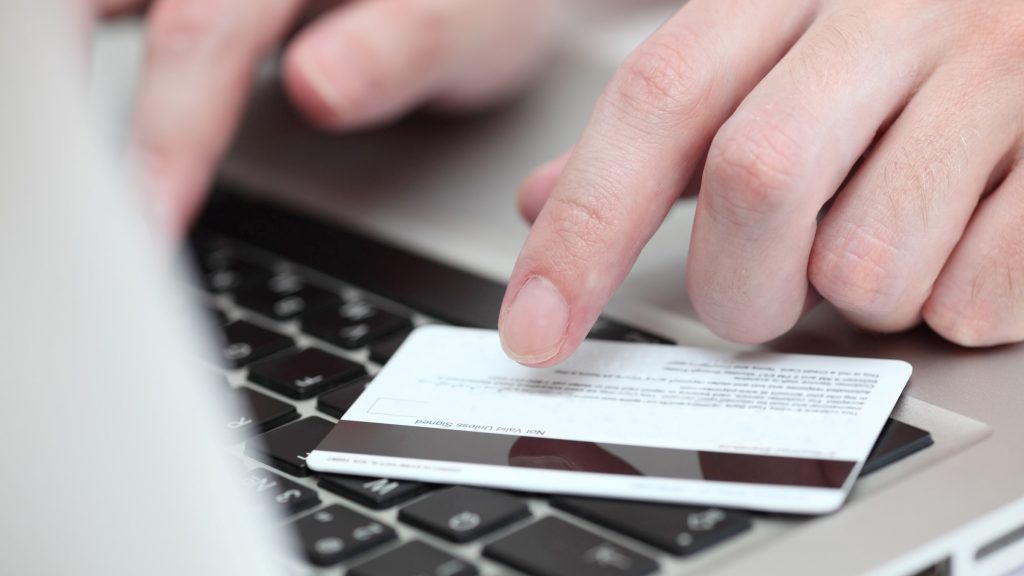When it comes to purchasing counterfeit medications, it is online websites and pharmacies which are most at risk of having incorrect, counterfeit, or tampered-with drugs. According to the World Health Organization (WHO), it is estimated that 50% of all the drugs online for sale right now are fake. Many of these online pharmacies are based in far-flung corners of the world and they are difficult to track and trace.
In 2013, the U.S. Food and Drug Administration (FDA) was able to identify and shut down over 13,000 websites which were hosted by illegal online pharmacies. But this is not enough to counteract all the available counterfeit medications flooding the global markets.
A few statistics:
- It is estimated that up to 30% of medications in circulation worldwide are fake. Developing nations are significantly more affected than developed ones. This accounts for 450,000 deaths from malaria caused by counterfeit pills, all of which should have been avoided.
- 90% of drugs purchased online are actually manufactured, produced, and distributed by a different country than the one the website claims.
- There are more than 50,000 online pharmacies currently in operation with more coming up every day. Approximately 95% of those do not comply with the laws and regulations surrounding medications and industry standards originally created to protect patients and not cause additional damage.
- Germany is the world’s second-largest online pharmacy market. In 2016, $9.8 million worth of pharmaceutical medications and medical devices were purchased online in Germany.
- The United Kingdom is the world’s largest online pharmacy market, at around $1 billion.
- 1 million patients die every year from toxic counterfeit substances, which are all preventable.
This is a worldwide problem, affect patients in almost every nation. Here is a list of trade incidents involving fake or counterfeit pharmaceuticals in 2015:
- Middle East: 135
- Africa: 244
- Eurasia: 265
- Europe: 358
- Latin America: 494
- North America: 779
- Asia: 1,100
Over 4 million counterfeit tablets were confiscated by German Customs in 2015 and creating and implementing more strict security regulations are not always effective. The Pharmaceutical Security Institute documented 971 individual customs seizures and police/health raids of counterfeit medications in 2015, which was a 34% increase over those in 2014.
Pharmaceutical industry leaders are not doing enough to combat this issue, and many executives surveyed by Strategy& in March and April 2016 showed they underestimated the threat of counterfeit medications and stated they had little interest in increasing spending on anti-counterfeiting measures. Part of this hesitation is said to come from the large amounts of money needing to be spent to comply with new regulations and mandates, such as the European Union’s Falsified Medicine’s Directive (FMD).
Financial consequences to these major companies are a real concern for them, as well, and they should focus on safe medications and anti-counterfeiting since about $188 billion annually is lost sales for their companies due to counterfeit medication sales. Money lost from sales to fraudulent online pharmacies is an ongoing problem.
As the WHO estimates that around 1 million people die every single year due to counterfeit medications, companies who jump to reduce harm to patients will also help alleviate some of the financial impacts of the counterfeit drug industry. In addition, new anti-counterfeiting measure and technologies may help enhance manufacturing and distribution efficiencies and lead to greater sales as more people discover being able to purchase safe and real medications online from trusted pharmacies and companies.
Of the 1 million annual deaths, some are killed outright by drugs containing toxic ingredients such as rat poison or floor wax, and in one well-publicized case from 2008, adulterated heparin from China killed hundreds in the U.S. and around the globe. Aside from cases like these, fake medications, especially ones with different active ingredients or placebos, can cause serious and severe harm to patients, such as suffering from preventable and curable diseases.
At IDLogic, we are using blockchain-powered technology to help track, trace, and keep up with medications at every part of the supply chain, from conception to distribution. Our mission is to keep people safe and healthy and keep them from having to rely on frauds and counterfeiters.


